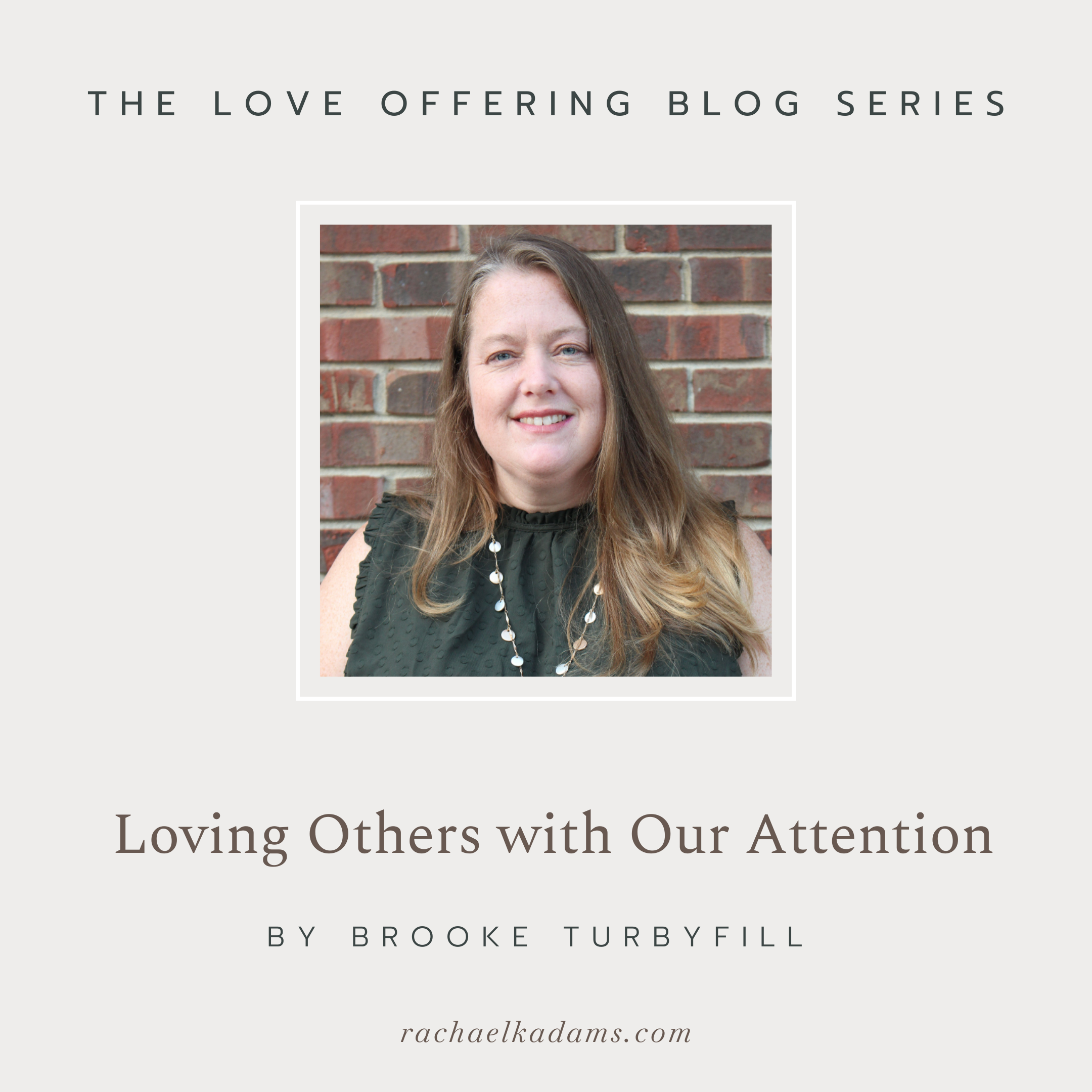We stormed out of the library “together.” Yet we were anything but united.
What was supposed to have been a fun, enriching visit to the local library — a summertime rite of passage for my kids who both love reading — turned into a brewing cauldron of emotions.
I told them both that because of their lack of self-control and anger, we had to leave. My own anger and disappointment bubbled up; moms hurt too when their children lose privileges. Often, we suffer their consequences with them: a lost activity or a treasured moment that slipped away.
The consequence I enforced for them went a little deeper than just leaving the library that day. They also had to sit in the car and talk through their differences on the way home. If not, we’d all three stay in the car in the driveway until they could listen to one another.
The Bible describes different kinds of listening. Proverbs 20:12 refers to the physical act of sound waves entering our ears. And then in Genesis 29:33, Leah names her son Simeon, which sounds like the word “shema,” a Hebrew word that means to not just listen with our ears but also pay attention.
I was asking my kids that hot June afternoon to pay attention to each other’s feelings.
As we pulled into the driveway, the tears welled up in one of my children; my love for my kids started to melt my anger and disappointment. My youngest poured out emotions of disappointment because my eldest and I hadn’t paid attention during a library conversation.
All of the emotion gave rise to the truth: Beneath the anger, there was hurt.

“Hear, O Lord, when I cry aloud; be gracious to me and answer me!” (Psalm 27:7)
In Hebrew, the word “shema” doesn’t just mean paying attention. It also means taking action — responding to what one hears.
Sitting on the faded cloth backseat of our SUV, my youngest needed what my eldest and I had failed to provide: attention AND response. In truth, we’d both given rise to our frustration and anger instead of trying to hear — pay attention and respond — to the cries that were similar to David’s in Psalm 27:7.
We can love our families well by actively hearing and responding to their needs, even in the middle of wrecked plans and our own disappointment. It may not make the evening news or ever leave the interior of a Kia Sorrento, but our patient willingness to pay attention reveals the heart of God to our children. After all, Hagar — the only one in the Old Testament who gives God a name — reminds us in Genesis 16:13 that God is El Roi, “the God who sees me.”
Connect with Brooke:
https://www.brooketurbyfill.com
https://www.instagram.com/brooke_turbyfill/
https://www.brooketurbyfill.com/
https://twitter.com/TurbyfillBrooke
About the Author:
Brooke Turbyfill is a freelance editor and ghostwriter who lives in North Georgia with her husband, two kids, and a very spoiled (well-loved) Redbone Coonhound mix. When she isn’t editing others’ work, she is writing her first novel — a middle-grade fantasy for kids ages 8-13. Brooke, a hope*writer, enjoys helping parents and kids know that they are not alone in their humanity and that God loves them where they are. Find her at www.brooketurbyfill.com, instagram.com/brooke_turbyfill and BrookeTurbyfill.Substack.com.
Did you love today’s devotion?
Sign up to receive your weekly love offering.





